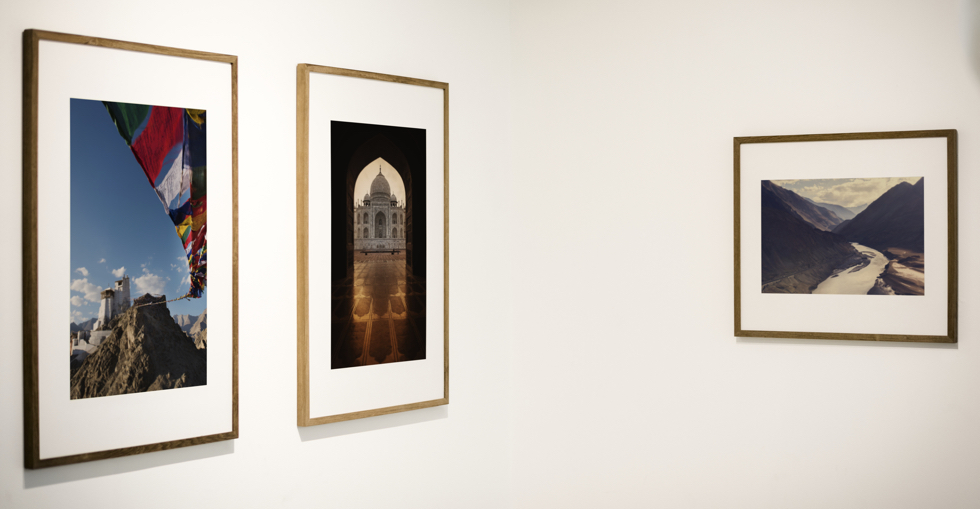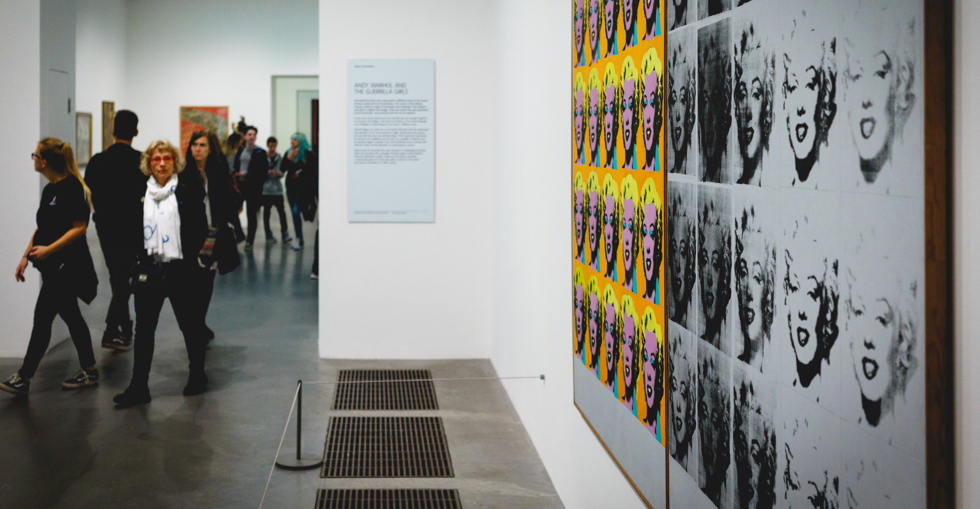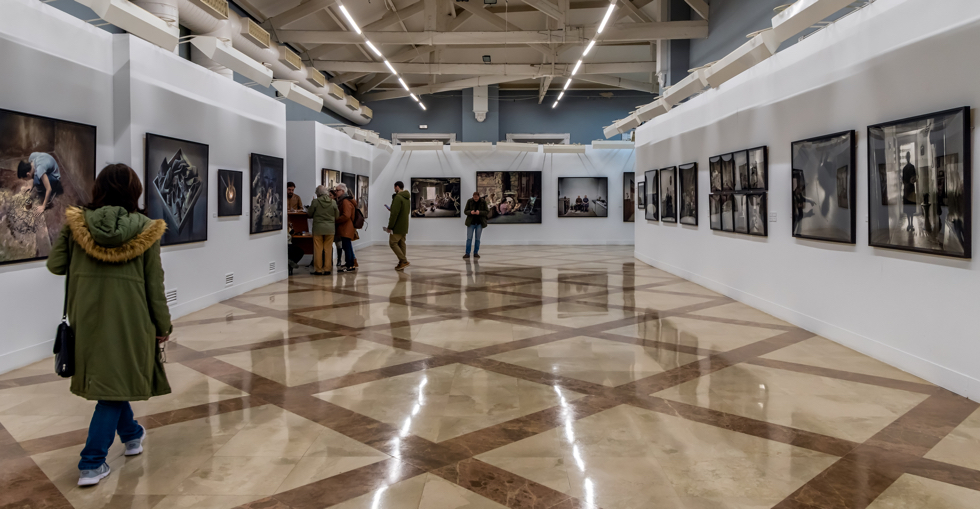The South African art scene is booming, with events celebrating African art on the rise and more local emerging talent.
A buyer’s profile
To be a successful gallery owner, you need to have a passion for art and ideally a degree in art history. Gain experience working as an assistant curator to improve your skills and understand what the role entails before you buy your own art gallery.
If you don’t have any qualifications or experience but you have a great passion and love for art, try to gain an internship or traineeship at a gallery, or volunteer at a museum. You need to have a deep understanding of art to be able to buy and sell it.
You should have impeccable organisational and time management skills and be able to manage a team successful. You should also have good communication skills to be able to build up strong relationships with different artists, your employees and clients.

What to look for in a business
You first need to establish what type of art gallery you intend to operate; do you plan to buy and sell high-end art, or are you keen to stock paintings by lesser-known artists and offer a framing service? Have a clear plan and establish your priorities and aims.
Establish what the galleries footfall figures are during different days and times of the year. Is it in an area that attracts tourists or will you be relying on local custom? Is there parking? Is the building in a good condition or will you need to spend money renovating?
If you’re buying an online gallery, look at the traffic figures for the site and establish whether the branding, logos and web design will be included in the sale. Whether you’re buying a website or gallery, find out what reputation the current business has.

Licences and permissions
Many art gallery owners establish a commission payment structure with individual artists, so when one of their paintings sell, you will take a percentage of the price. Agreeing a fair yet profitable commission rate for both artist and curator is a skill.
DALRO (Dramatic, Artistic and Literary Rights Organisation), is a multi-purpose copyright organisation; they will be a good contact when you’re operating your gallery if you need to obtain copyright licenses on the artwork you sell in your store.
If you are a foreign entrepreneur, you will need to apply for a South African business permit. You should research the immigration requirements and application process before you make plans to buy a business.

Due diligence
Will the current vendor be selling artwork along with their gallery? If so, you need to determine how much the artwork is valued at and what type of contracts are currently in place with the artists.
You need to form strong relationships with artists to build up a successful gallery; find out whether the current owner intends to open shop elsewhere. If so, find out if they will be taking their team of employees with them.
Location is very important; you need to be situated in an art district and close to your competitors to attract more business. Cape Town, specifically the southern suburbs, is home to many of the popular art scenes in the country, as well as Johannesburg.
Is it right for you?
To be successful in the competitive industry, you need a clear vision of what type of gallery you plan to operate. It’s a good idea to start off as an online gallery to get an understanding of the current market before you commit to buying a physical premise.
You need to be prepared to work long hours, during weekends and holidays. As the owner of a retail business, expect the first few years to be hands-on. Once you establish a well-trained, reliable team of employees, you will be able to take time off.
If you plan to operate a high-end art gallery, you need to be able to take risks and have a clear understanding of your clientele. The more knowledge and social skills you have, the more your gallery will thrive; and you can enjoy high-profit margins too.
While art galleries are not currently available on our South African site, you can always discover different businesses across each province.



